How to Become an AI Consultant in 2024

To become an AI consultant, you need a blend of specialized skills and some form of relevant education or training. This role requires not only a deep understanding of AI technologies but also the ability to apply this knowledge to solve real-world business problems.
In this article, we'll explore what it takes to become an AI consultant, including the essential skills and education required, and delve into the different areas of specialization within the field of artificial intelligence.
Whether you're just starting out or looking to pivot your career, understanding how to become an AI consultant could be your key to landing a job in artificial intelligence.
What is an AI Consultant and What Do They Do?
An AI consultant is a professional who specializes in the application of artificial intelligence technologies to solve business problems and enhance efficiencies within an organization.
This role requires an in-depth understanding of AI concepts, machine learning algorithms, and data analysis techniques, along with strong problem-solving skills.
AI consultants work with businesses to:
- Assess Needs: Identify areas where AI can add value, improve processes, or solve specific challenges.
- Develop Solutions: Design and implement AI-driven solutions tailored to the client's requirements.
- Data Management: Collect, process, and analyse large datasets to uncover insights and inform decision-making.
- Integration: Ensure seamless integration of AI technologies into existing systems and workflows.
- Training and Support: Provide training and ongoing support to help clients effectively use AI tools and understand their benefits.
By leveraging their expertise, AI consultants help organizations harness the power of AI to drive innovation, increase efficiency, and achieve competitive advantages.
Whether it's through predictive analytics, natural language processing, or automation, AI consultants play a crucial role in translating complex AI capabilities into practical, impactful solutions for businesses.
How to Become an AI Consultant?
The path to becoming an AI consultant varies for each individual, and there's no single "right way" to achieve this goal.
The steps outlined in this article provide a structured approach, but it's important to remember that everyone's journey is unique.
Whether you come from a background in computer science, data analysis, or another field entirely, the key is to leverage your existing strengths while continuously learning and adapting to the evolving landscape of artificial intelligence.
Skills and Education Needed
The foundation for a thriving career as an AI consultant rests on a strong blend of technical skills and business acumen.
Here's a breakdown of some of the technical skills you'll need to excel:
Technical Skills:
- AI and Machine Learning Expertise: This is the bread and butter of an AI consultant. You'll need a solid understanding of core AI concepts like machine learning inference, deep learning, natural language processing, and computer vision.
- Programming Proficiency: Being comfortable with programming languages like Python, R, or Java is essential. These languages are the tools you'll use to build and interact with AI models.
- Data Analysis and Modeling: Extracting insights from data is crucial for any AI project. Honing your data analysis skills and understanding of statistical modelling techniques will be invaluable.
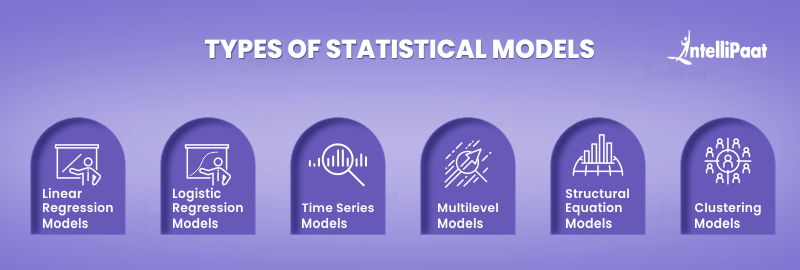
While there's no one-size-fits-all educational path, a strong foundation in computer science, data science, or a related field is typically expected.
A bachelor's degree is a common starting point, with some employers preferring a master's degree, especially for specialized roles.
Beyond formal education, consider pursuing relevant certifications in AI or machine learning offered by reputable institutions. These certifications can demonstrate your expertise and keep you up-to-date on the latest advancements in the field.
Build Your Portfolio
While academic qualifications are important, potential employers are eager to see real-world experience and your ability to apply your knowledge in a practical setting.
Even if you’re not yet employed in an AI consulting role, working on various AI projects can provide invaluable experience and showcase your skills to potential clients or employers.
There are numerous online resources and even hackathons available that provide excellent opportunities to experiment and showcase your skills.
Here are some ideas for you to start building out your AI portfolio:
- Kaggle: This popular platform offers a vast collection of datasets, competitions, and kernels (code snippets) related to machine learning and data science. You can participate in ongoing competitions or explore past challenges to find projects that pique your interest.
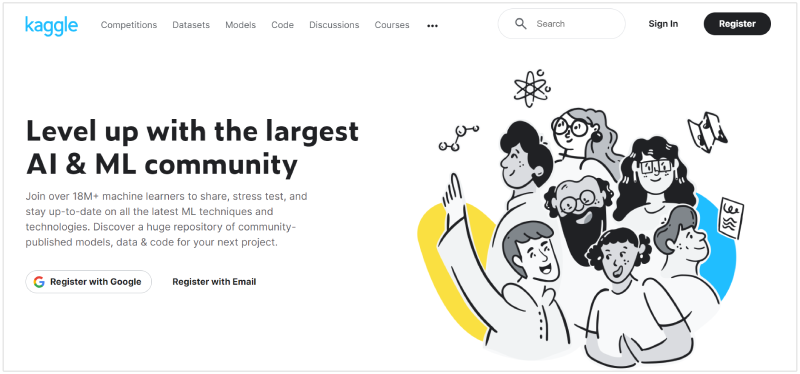
- GitHub: A treasure trove of open-source code repositories. Explore projects related to AI and machine learning, or even fork a project and build upon it to demonstrate your understanding and ability to adapt existing code.
- TensorFlow Tutorials: TensorFlow provides excellent tutorials and resources to get you started with building and deploying machine learning models using their popular TensorFlow framework. Similar resources are available from other frameworks like PyTorch.
- Machine Learning Crash Course by Google: This free online course by Google provides a solid foundation in machine learning concepts. Working through the course and its accompanying projects is a great way to build foundational skills and a portfolio piece.
What are the Areas You can Specialize in?
Specializing in a particular area of AI can enhance your expertise and make you more attractive to potential clients or employers.
Here are some key areas of specialization within the field of AI consultancy:
NLP (Natural Language Processing)
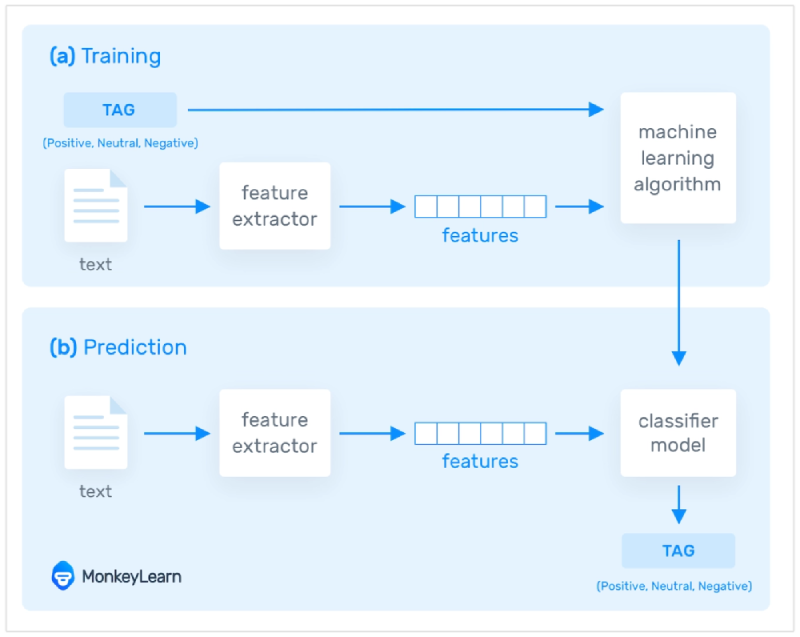
NLP focuses on the interaction between computers and human language.
Specialists in this field develop systems that can understand, interpret, and respond to human language in ways that are both meaningful and useful.
Applications include chatbots, sentiment analysis, and language translation.
Computer Vision
Computer Vision involves enabling computers to interpret and make decisions based on visual inputs from the world.
This field encompasses image and video recognition, object detection, and facial recognition technology. It is widely used in industries ranging from healthcare to automotive.
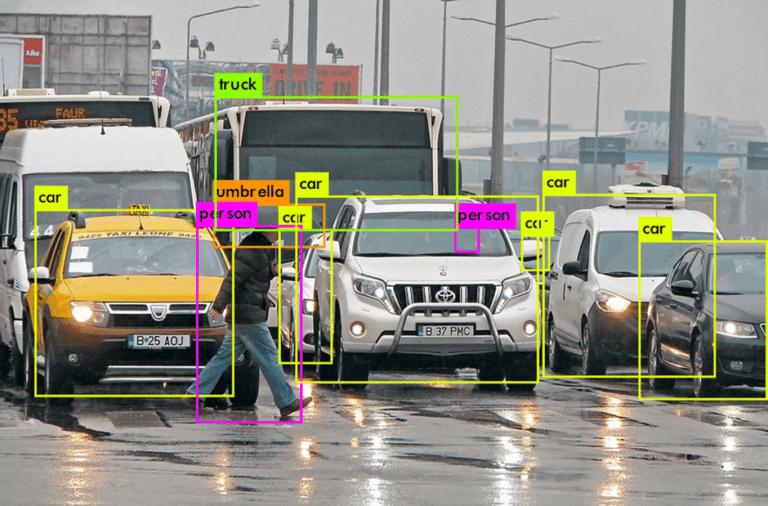
Want to pursue a career in computer vision? Check out our blog post on some of the most commonly asked computer vision interview questions to see what the role entails.
Machine Learning (ML) Engineering
ML Engineering is the practice of designing and implementing machine learning models to solve specific problems.
This includes developing algorithms, training models on datasets, and deploying these models into production. ML engineers often work on predictive analytics, recommendation systems, and fraud detection.
Deep Learning
A subset of machine learning, Deep Learning uses neural networks with many layers (deep networks) to analyse various types of data.
Deep learning specialists focus on applications such as speech recognition, autonomous driving, and complex pattern recognition in large datasets.
Robotics
Robotics involves creating intelligent robots that can perform tasks autonomously or semi-autonomously.
This specialization covers the integration of AI in robotic systems for automated manufacturing, logistics, and even personal assistants.
Reinforcement Learning
Reinforcement Learning is a type of machine learning where agents learn to make decisions by receiving rewards or penalties for actions taken.
Specialists in this area develop models that can optimize decision-making processes in dynamic environments, such as game playing, financial trading, and autonomous navigation.
AI Ethics and Governance
This emerging field focuses on ensuring that AI technologies are developed and used ethically and responsibly.
Professionals in this area establish guidelines and frameworks for the ethical use of AI, addressing issues such as bias, fairness, and accountability.
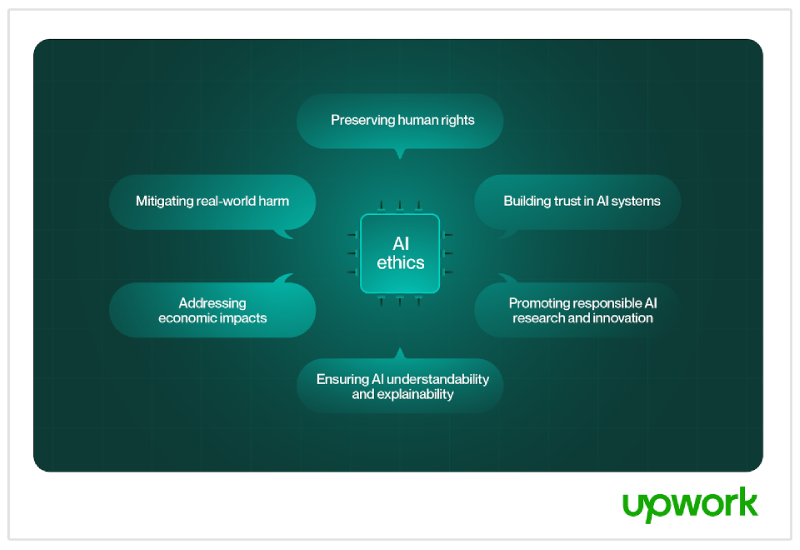
Edge AI
Edge AI refers to deploying AI algorithms locally on devices at the edge of the network, rather than in centralized cloud servers.
This specialization is crucial for applications requiring low latency and real-time processing, such as IoT devices, autonomous vehicles, and smart cameras.
How Long Does it Take to Become an AI Consultant?
The time it takes to become an AI consultant varies widely depending on your background, commitment, and educational path.
Generally, it can take anywhere from 3 to 7 years.
This timeframe includes obtaining a relevant degree, gaining practical experience through projects and internships, and continuously learning through courses and certifications.
Can You Become an AI Consultant without a Degree?
Yes, you can become an AI consultant without a degree. While a formal education can provide a solid foundation, it is not the only pathway.
If you want to learn how to become an AI consultant without a degree, be sure to check one of our recent blog posts on the steps involved to achieving this.
Conclusion
Becoming an AI consultant is a rewarding journey that combines technical expertise, continuous learning, and practical experience.
Whether you have a formal degree or are self-taught, the key is to remain proactive and passionate about the ever-evolving world of AI. As you take these steps, you'll be well-equipped to offer innovative solutions and drive impactful change for your clients and organizations.








